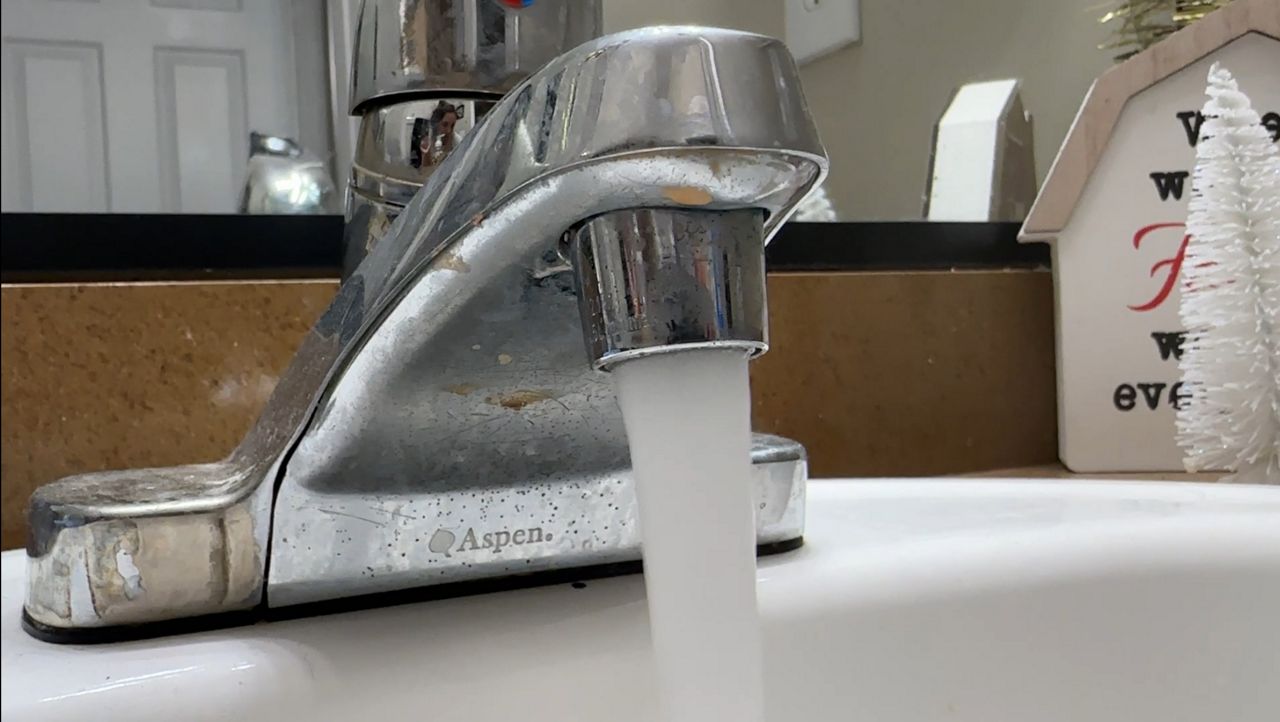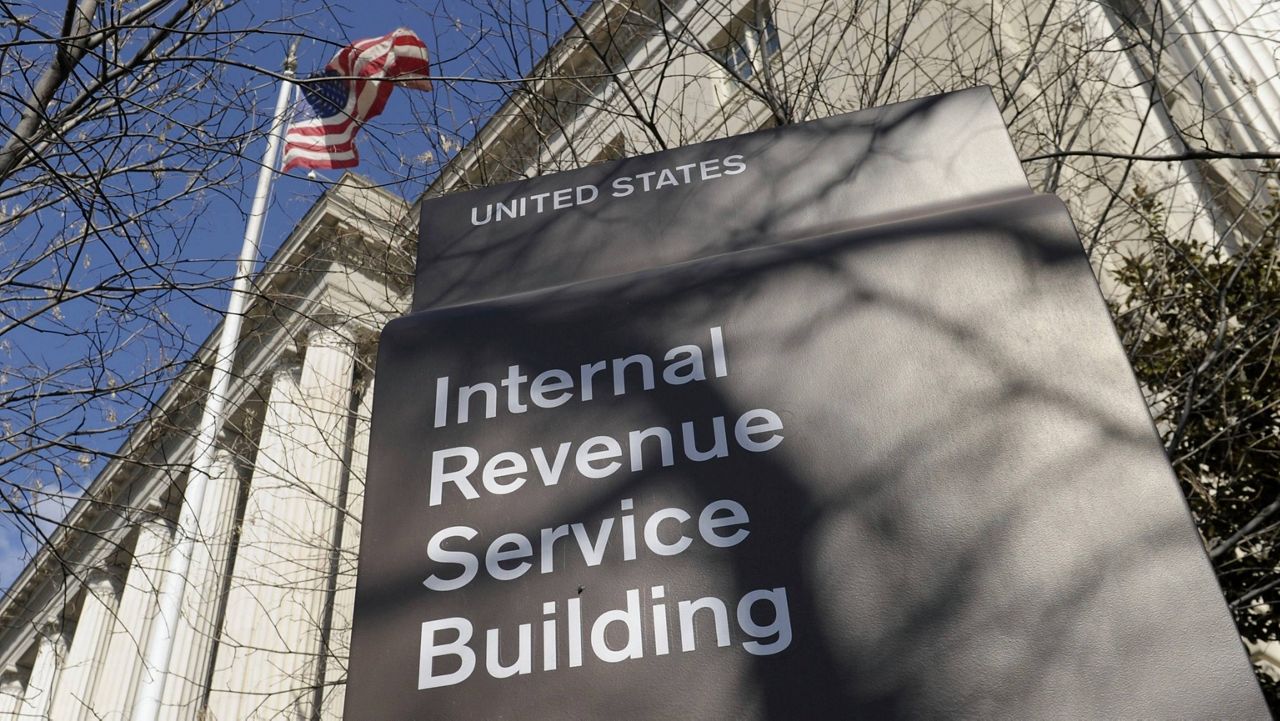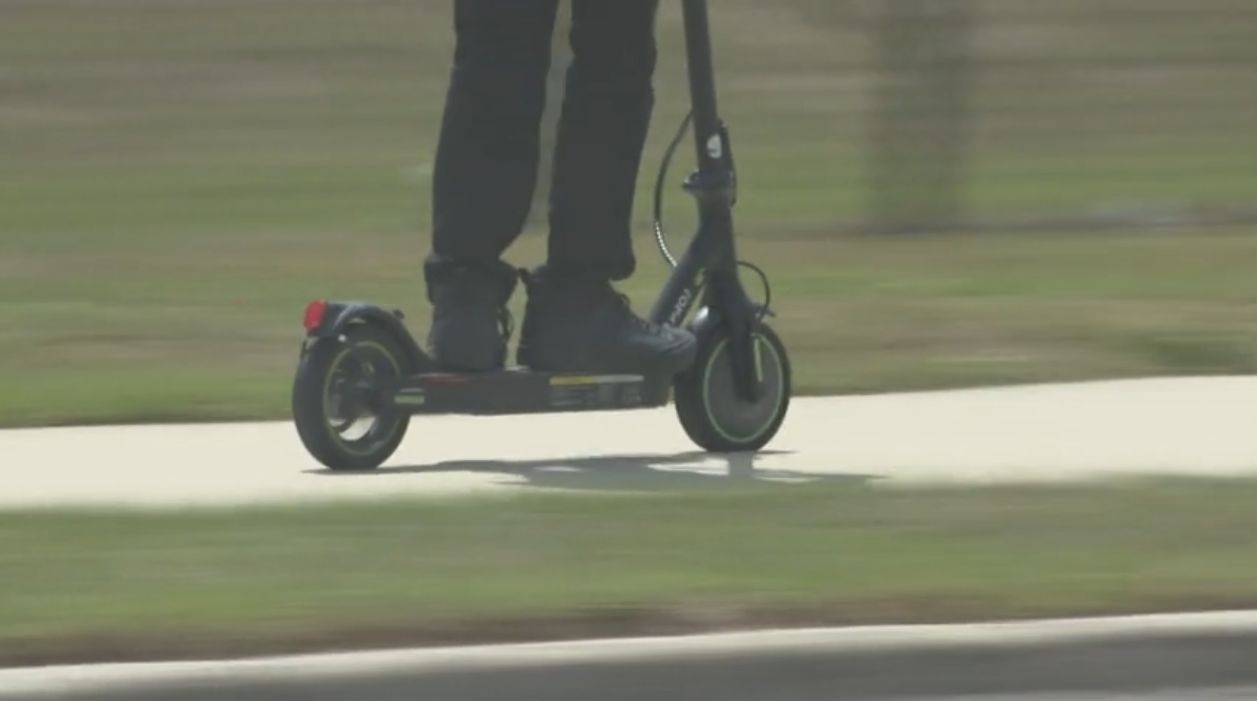ORLANDO, Fla. — The effects of Florida’s public camping ban, otherwise known as House Bill 1365, are already being felt among some Central Florida homeless individuals.
Chantel Crowl, 41 and disabled, said she struggles to find a place to lay her head at night since the law took effect.
Along with dozens of other unhoused individuals, she used to sleep on the sidewalk underneath I-4 on the corner of North Garland Avenue and Amelia Street. But that area has now become a ghost town, despite a shortage of shelter beds throughout Central Florida.
Crowl has been without a home in Orange County since August 2024.
When she’s not at Lake Eola, she said she enjoys spending time at the public library in downtown Orlando — “in case we wanna research jobs or just play games to unwind from the stresses out on the street.”
But since HB 1365 took effect on Oct. 1, she said she lives in a constant state of fear for herself and others who risk getting arrested every night for sleeping in public.
“To be able to concentrate on fixing your life, fear is something that we don’t need,” said Crowl, adding that now she doesn’t have a designated “safe” space to sleep.
“Even though I was surrounded by strangers I technically haven’t said two words to, I actually felt safer being underneath the bridge than off by myself somewhere,” Crowl said.
To make matters worse, Chantel’s disability recently started to affect her muscles and nerves. Muscle spasms regularly feel like “water on electric wires” that send shocks to her nerves, affecting basic daily functions like changing her clothes and even walking.
“It takes me about 15 to 20 minutes to walk a block now, so it’s really rough on me,” Crowl said.
According to the Homeless Services Network of Central Florida, all shelters in Orange County accept people with disabilities, as long as the unhoused “can take care of their own activities of daily living,” such as using the bathroom, taking a shower, getting in and out of bed and being able to get into and out of a top bunk if that’s the only bed that’s open.
In other words, they need to be fully independent, which Crowl is not.
Activities like showering and getting into and out of a top bunk have become nearly impossible for Crowl, which limits her access to shelters in her vicinity.
Lack of transportation in downtown Orlando and a shortage of shelter beds make those matters even more challenging.
“We don’t have enough resources for people right now, we don’t have enough shelter beds, we don’t have the resources to move people into housing quickly. We’re moving people into housing, but we don’t have enough to work with everyone who needs it,” Homeless Services Network of Central Florida Chief Executive Officer Martha Are said.
Kate Santich, the director of Communications and public affairs at the HSN of Central Florida, said, "People with disabilities can get to the shelters in a couple of ways. They can take a Lynx bus, although that’s only free during declared weather emergencies such as hurricane warnings or cold fronts forecasted to bring sub-40-degree temperatures for at least four hours, or they can be transported by outreach workers. The H.O.P.E Team at the Health Care Center for the Homeless has a van it uses to transport people, and a young nonprofit called Framily Support Network has a large vehicle that it often volunteers to transport people.”
Are says because demand for shelter beds is so high right now, the problem will unfortunately get worse before it gets better.
Late last year, the Health Care Center for the Homeless launched a pilot program with funding from the city of Orlando to create an assisted-living program using HCCH health-care providers and beds at Pathlight Home (another partner) for people who need help to recuperate from surgery, illness or injury.
“We think there’s a significant and growing need for such a program, especially given the increasing number of older Central Floridians who are now struggling with homelessness. Seniors are our fastest-growing segment of the homeless population,” Santich said.
Crowl and others will have to take everything day-by-day and night-by-night, all while trying to find the help that they need.
“Everybody should have a fair shot in life,” Crowl said. “It’s almost like they’re trying to divide us. And truth be told, homeless lives matter, too,” Crowl said.
Are said a shortage of shelter beds under the public camping law will lead more homeless individuals to try to find places to hide, which ultimately will lead to a greater number of those people going to jail.
Below is a breakdown of the available shelter beds at all the homeless shelters in Orange County, according to the HSN of Central Florida:
Coalition for the Homeless — Center for Women & Families: 220 beds
Coalition for the Homeless — Men’s Service Center: 250 beds
Family Promise of Greater Orlando: 14 beds
Hope and Help (for people with AIDS): 2 beds
Orlando Union Rescue Mission Men’s Division: 48 beds
Salvation Army Men’s Lodge: 62 beds (including 10 reserved for veterans)
Salvation Army Women & Children’s Lodge: 6 beds
Zebra Coalition: 11 beds (for youth and young adults only)











